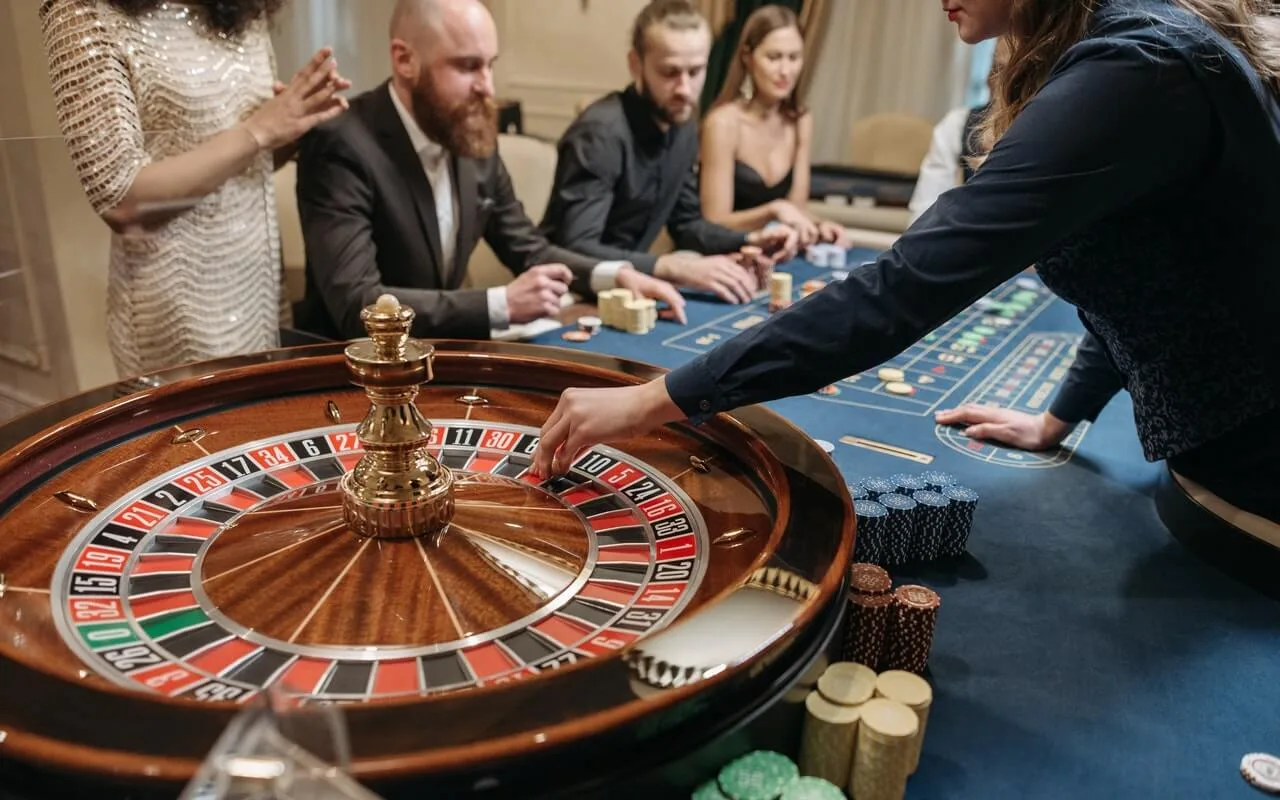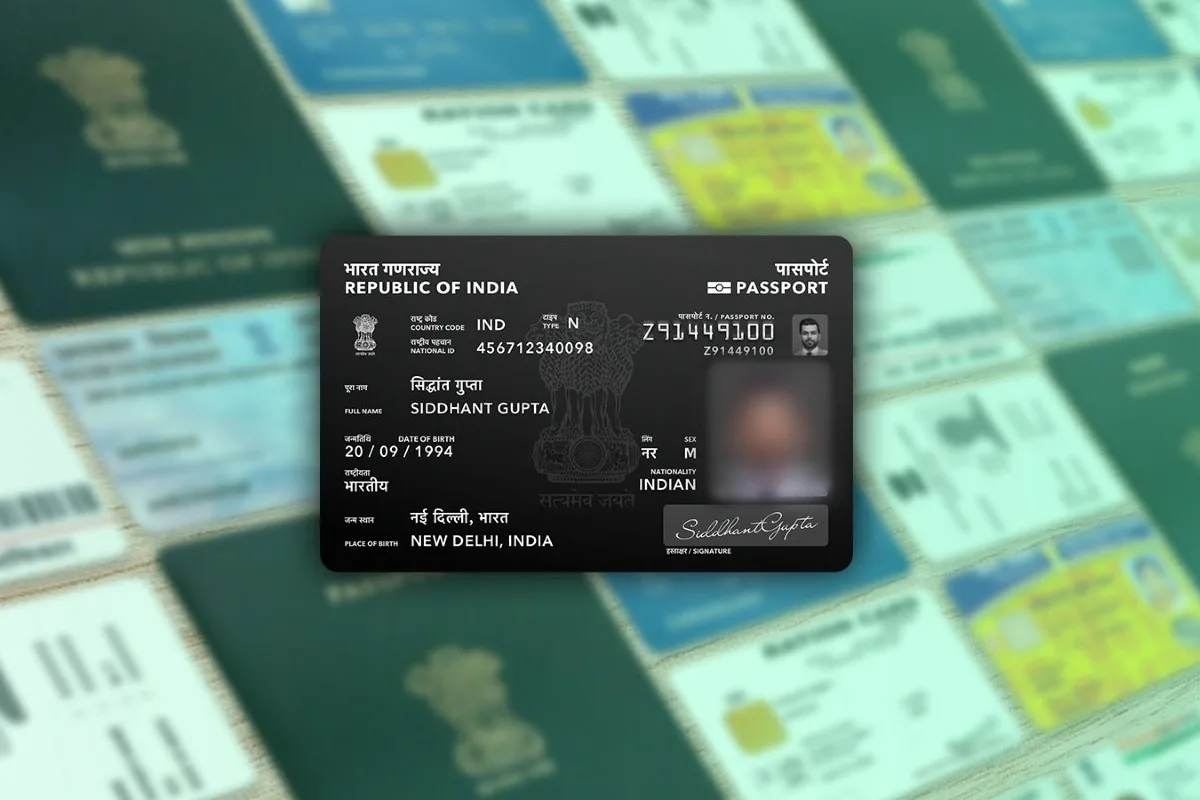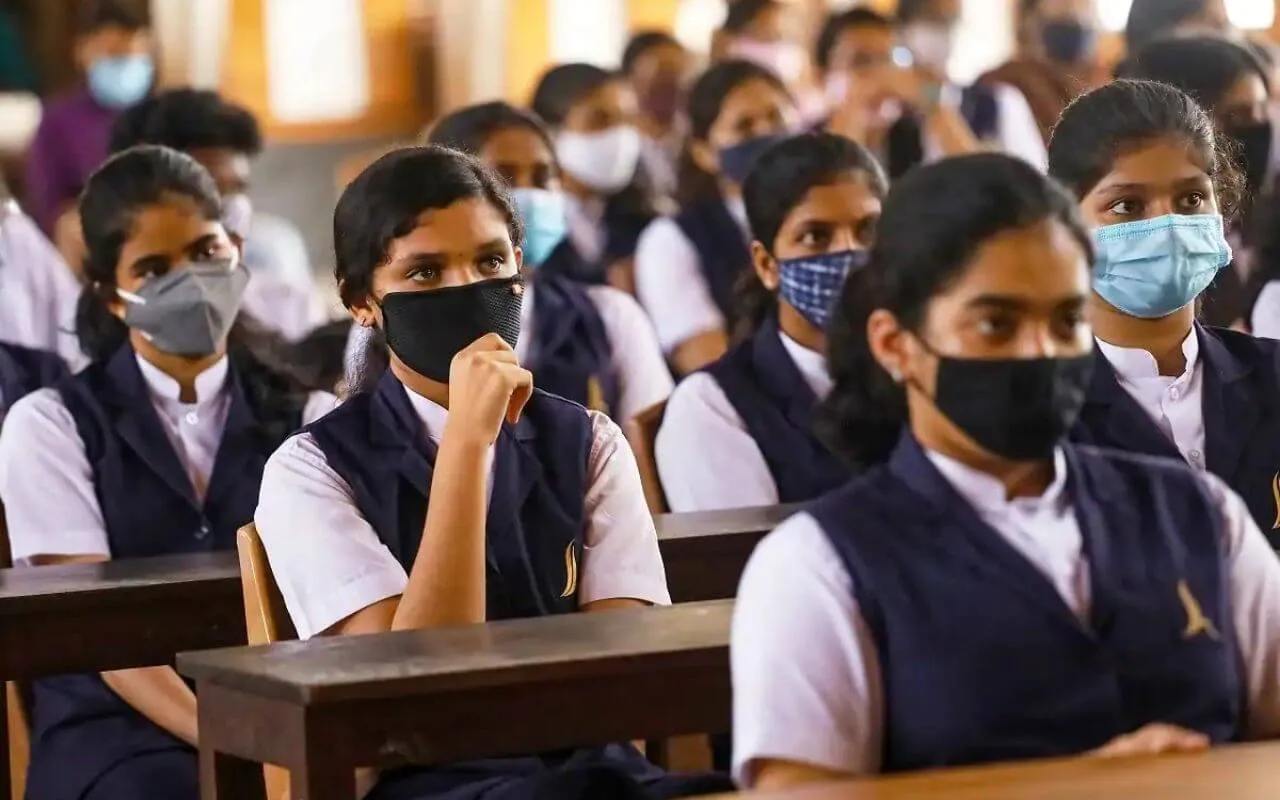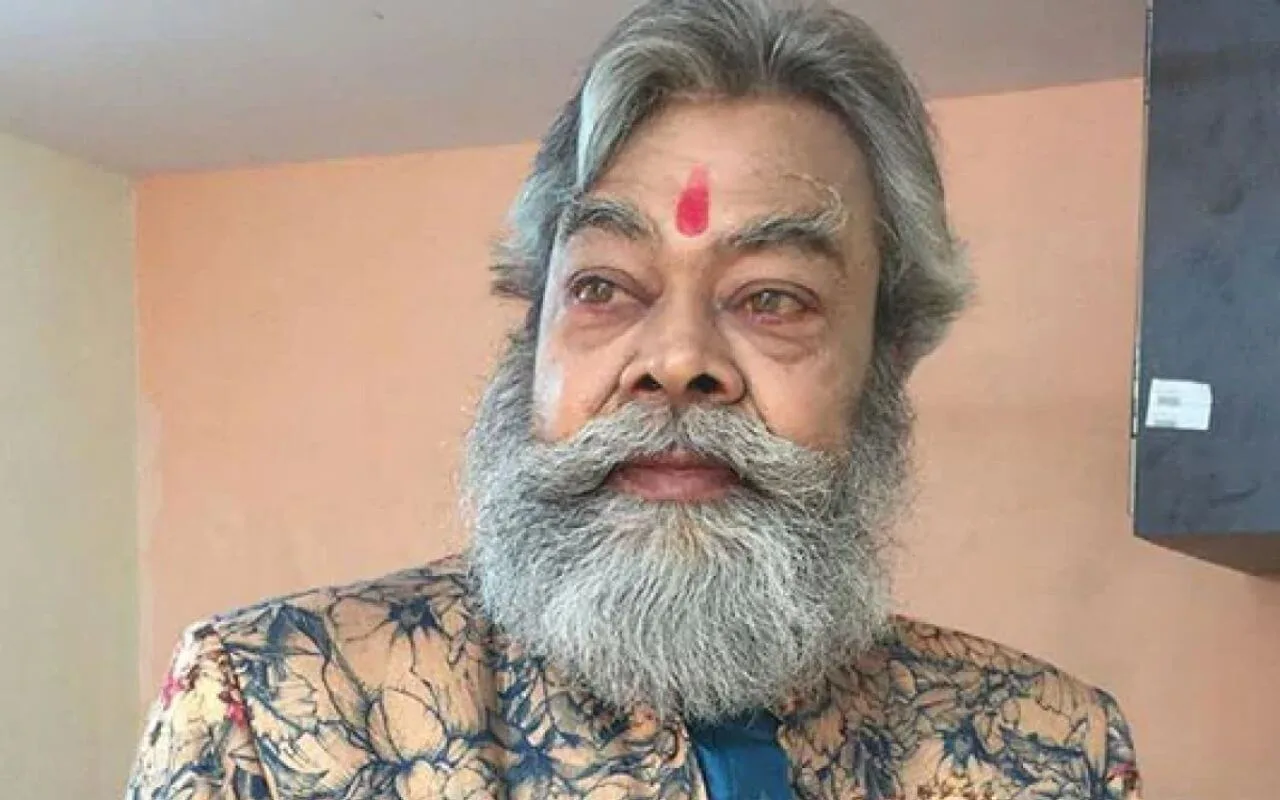Tamannaah Bhatia, a well-known actress in both the Hindi and South Indian film industries, has recently shared her candid views on gender equality, empowerment, and self-acceptance. Reflecting on her experiences in the entertainment world, she sheds light on the gradual progress being made for women in the industry, while also emphasizing the continued struggles they face.
Tamannaah acknowledges that the entertainment industry has seen some positive shifts when it comes to gender equality and pay parity. However, she feels there’s still too much focus on highlighting women’s struggles. She believes that women shouldn’t be constantly defined by their fight for equality. While she’s pleased with the improvements, she feels that women often place too much energy into highlighting their struggles, rather than focusing on personal empowerment. According to Tamannaah, real empowerment comes when women take ownership of their careers and lives, embracing their individuality without waiting for validation from others. “It’s getting better, but there’s too much of a struggle to empower us,” she says, urging women to realize that they are the ones who hold the power to make a change. Rather than waiting for society to grant them equality, she encourages women to take control of their destinies. “Empowerment comes from within. It’s about embracing who you are and letting that individuality inspire others,” she explains.
Tamannaah’s career is an impressive example of versatility and balance. Having started her journey in South Indian cinema with Telugu and Tamil films at a young age, she successfully transitioned into Bollywood, featuring in both blockbuster hits and critically acclaimed projects. Her work spans multiple languages, from Baahubali in the South to Himmatwala in Bollywood, and her adaptability has won her a large fan base in both industries. When asked about balancing the different industries and audiences, Tamannaah emphasizes the universal nature of human emotions. She believes that cinema, regardless of the culture or language, connects people through these shared emotions. “The core emotions that cinema taps into are universal. Whether it’s the relationship between a mother and child or the basic human experiences, those emotions remain the same everywhere,” she says. By choosing stories that resonate on a deeper emotional level, she has been able to appeal to diverse audiences, making her a beloved figure in both the South and Bollywood.
Beyond her acting career, Tamannaah has become an advocate for body positivity and self-acceptance. In an industry that often places an overwhelming emphasis on physical appearance, she has spoken openly about the pressures that come with being in the media spotlight. She acknowledges that everyone, especially those in the public eye, is prone to being self-critical. However, she believes that true impact comes from accepting one’s uniqueness rather than conforming to society’s expectations. “It’s easy to want to fit in, to look like everyone else because it feels safer, but the real impact comes when you embrace what makes you different,” she shares. Tamannaah’s approach to self-empowerment involves embracing her individuality, which she believes is her strength. “I understand that I look different from others, but I think that’s what sets me apart and makes me strong,” she says confidently.
Tamannaah’s openness about her journey highlights a crucial message—true empowerment comes from within. Rather than waiting for external forces to define what empowerment or success should look like, she believes that individuals must take charge of their own lives and be true to themselves. Her advocacy for body positivity and self-acceptance serves as an inspiration for many, especially in an industry that often focuses on external appearance over internal strength.
In all, Tamannaah Bhatia’s reflections serve as a reminder that the fight for gender equality is an ongoing one, but it’s also a deeply personal journey. It’s about owning one’s story, embracing individuality, and taking responsibility for one’s empowerment. By sharing her own experiences and lessons, she hopes to inspire others to do the same, reinforcing the idea that empowerment, equality, and self-love are ultimately personal and internal processes.














